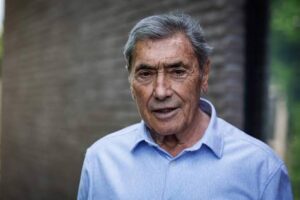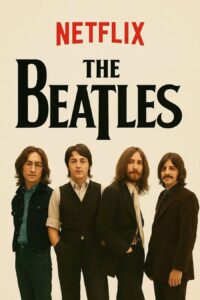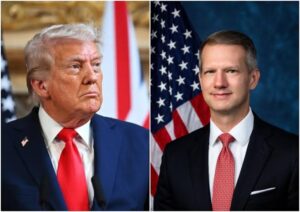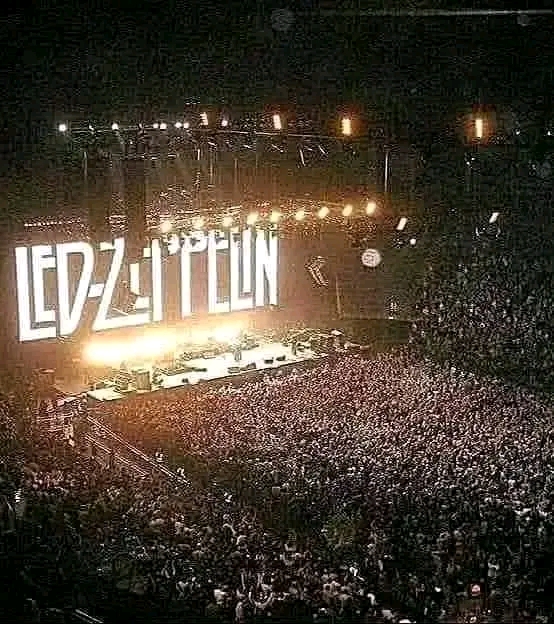
A Return for the Ages: Led Zeppelin Reunites After 27 Years with Breathtaking Performance of “Kashmir
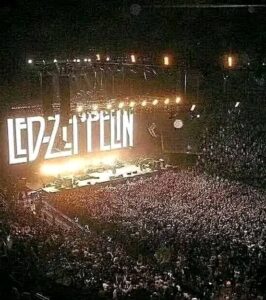
After nearly three decades of silence, the legends of rock made a thunderous return. When Led Zeppelin took the stage for the first time in 27 long years, they didn’t just perform—they reminded the world why they’re considered one of the greatest bands in music history. The highlight of the evening? A soul-shaking, emotionally charged rendition of “Kashmir” that left millions breathless and proved that time may pass, but true magic never fades.
For fans who had waited years—some their entire lives—for a chance to witness the band in action, the moment felt surreal. The anticipation in the air was electric as Robert Plant, Jimmy Page, John Paul Jones, and Jason Bonham, son of the late John Bonham, stood together under the lights. This was more than a reunion; it was a moment that bridged generations, connecting the wild, electric heart of the 1970s with the present day.
When the first notes of “Kashmir” echoed through the venue, it was as if the clock had rewound. Page’s iconic riff roared with fresh intensity, his fingers dancing over the fretboard with the same fury that once set arenas ablaze. Jones anchored the rhythm with masterful precision, while Plant’s voice—older, deeper, but still unmistakably powerful—rose like a phoenix, filled with grit and grace.
But perhaps the most moving presence was Jason Bonham on drums. Carrying the legacy of his father, John Bonham—often hailed as one of the greatest drummers in rock history—Jason didn’t just fill in. He honored the throne. Every crash of the cymbals, every thundering beat of the bass drum felt like a heartbeat from the past. With his performance, Jason wasn’t just playing a part; he was channeling a spirit, honoring a father, and writing his own chapter in the Zeppelin story.
The performance of “Kashmir” wasn’t just about nostalgia. It was a resurrection. The song, known for its haunting progression and hypnotic power, took on new life in the hands of the band that created it. The stage was drenched in golden light, casting shadows like flames, and as the music swelled, it seemed to lift everyone into another dimension—one where time, loss, and age were momentarily suspended.
It was a performance that demanded attention not just for its technical brilliance, but for its emotional weight. There was a sense of finality and of rebirth. For a band that had once sworn off full reunions, the decision to return, to share this song, felt deliberate. It was a gift. A thank-you to fans. A tribute to the late John Bonham. A reminder that the fire they lit so many years ago still burns in hearts across the world.
Critics and fans alike were left speechless. Social media erupted with clips and reactions, many calling it one of the most powerful live moments in recent memory. Some called it the greatest performance of “Kashmir” ever. Others simply cried. Because for those watching, it wasn’t just music. It was memory. It was emotion. It was the sound of legends coming home.
As the final notes faded and the crowd erupted in thunderous applause, the band stood together, visibly moved. There were no gimmicks. No flashy pyrotechnics. Just four musicians—three from the past, one from the future—proving that the soul of Led Zeppelin remains unshaken.
In a world constantly chasing the next big thing, this night reminded us all of something eternal: that great music, born from truth and thunder, never dies. Led Zeppelin didn’t just return—they reignited a legacy. And in that moment, with “Kashmir” soaring through the air, they were once again gods of rock.

